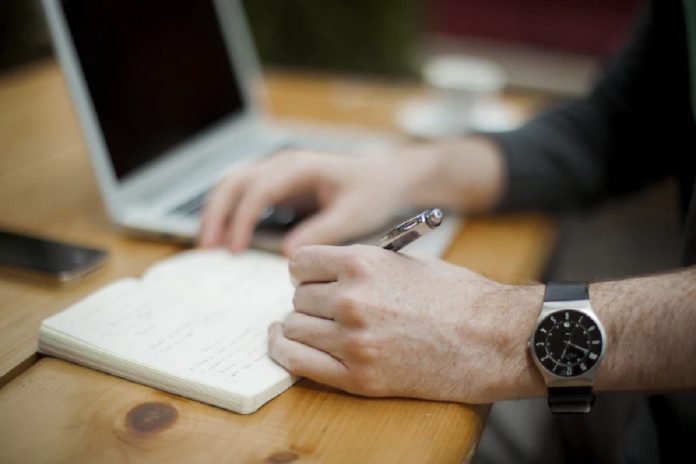by Dr Jill Walker, Psychologist and Transformative Coach
Listen to the conversations around you and you’ll notice it often goes something like this:
“How are you?”
“Good thanks. Busy. You?”
“Yeah – mad busy. Although it’s good to be busy”.
We hear it all the time, but is busy actually good? Action and ‘doing’ gives us an adrenaline rush. It feeds our ego and makes us feel important. We also get used to it and it becomes the norm. We get “velocitized”. When you first pull onto the motorway, 120km per hour seems fast. You pass through a village a while later and 50km per hour seems agonisingly slow. It’s the same with being busy.
The cost of busy
It’s time to take a good, hard look at our relationship with being busy. Deep down, most of us know there is a price to be paid for being too busy. Working as a resilience expert and executive coach for almost 20 years, I see every day the price people are paying. No matter what type of organisation – Irish and multinational, fast-paced tech companies and public sector organisations, cutting edge or more traditional – people are feeling stressed and finding it difficult to switch off. Their sleep and health are often affected. They aren’t getting enough time for things that are important to them such as family, friends, exercise or hobbies. Many people end up getting sick on holidays (a phenomenon known as “adrenaline withdrawal sickness”).
Impact on leadership performance
While people think being busy is a sign of success, often the exact opposite is true. When you are busy it’s hard to find time for important long-term projects, strategic thinking and innovating – the areas where leaders make the greatest impact. Research tells us that the more tasks people do, the less well they do each one. When under pressure, you have faster brain waves – the type that makes intuitive and creative thinking much harder. The reality is, if you aren’t getting regular ‘quiet time’ for quality thinking and planning, you are NOT performing at your best as a leader.
How to get better, not busier
But it IS possible to change this. A senior executive I worked with recently went from working every weekend and evening to never taking her laptop home, enjoying her job and her life more, having a bigger impact as a leader AND getting a promotion to director-level during this time. All of this started with her getting out of the hamster wheel of busyness. The first step is to make a DECISION to change how busy you are. This creates time for the things that are important at work and outside work.
5 tips for more calm & greater impact
If you decide to become less busy, here are some actions that will kick-start the process:
- If you FEEL too busy, you will always BE too busy. Ban the word busy from your inner dialogue. Every time you feel too busy, repeat a calming and positive mantra like “I have all the time and space for everything I need” or “One thing at a time”
- Schedule at least two hours of ‘white space’ in your calendar each week for thinking, planning, strategising, innovating and long term projects.
- Create a buffer between meetings of at least half an hour where possible.
- Only check your emails a few times a day and when you have time to follow through on them.
- Get good at ‘strategic subtraction’ – a key leadership skill in the modern world. Aim for “less but better”.
About the author
Dr Jill Walker is an executive psychologist and CEO coach, who works with those at the top of their career – people who have it all on paper but are wondering what’s next in their life or work. Jill helps successful CEOs, entrepreneurs and business founders from round the world to create the life they truly desire – one with more balance, meaning, joy or fulfilment.











































